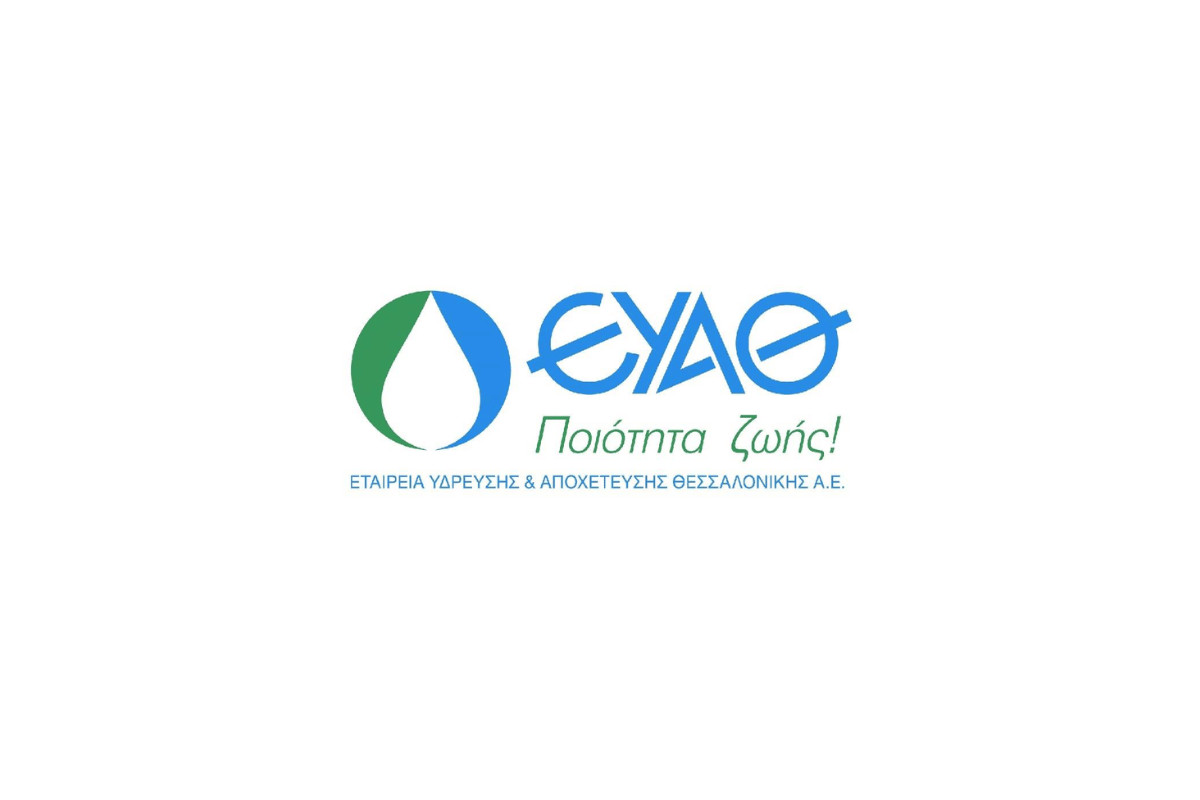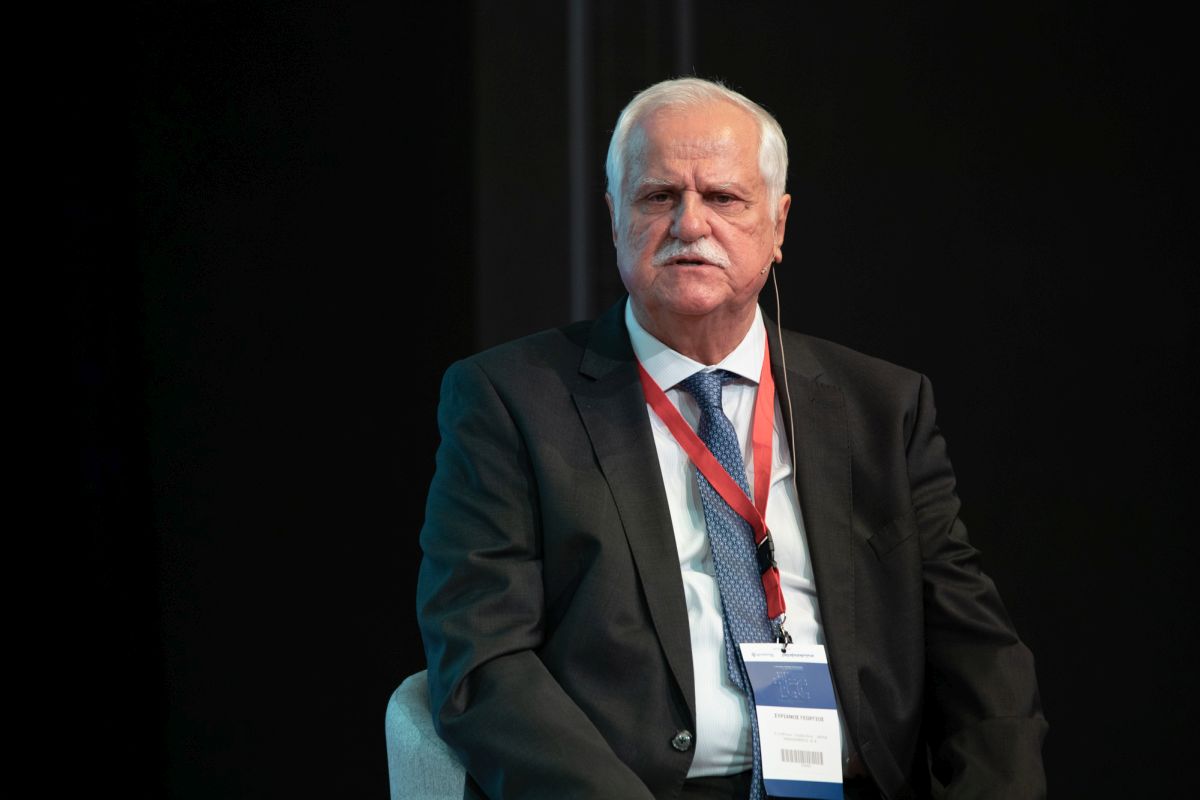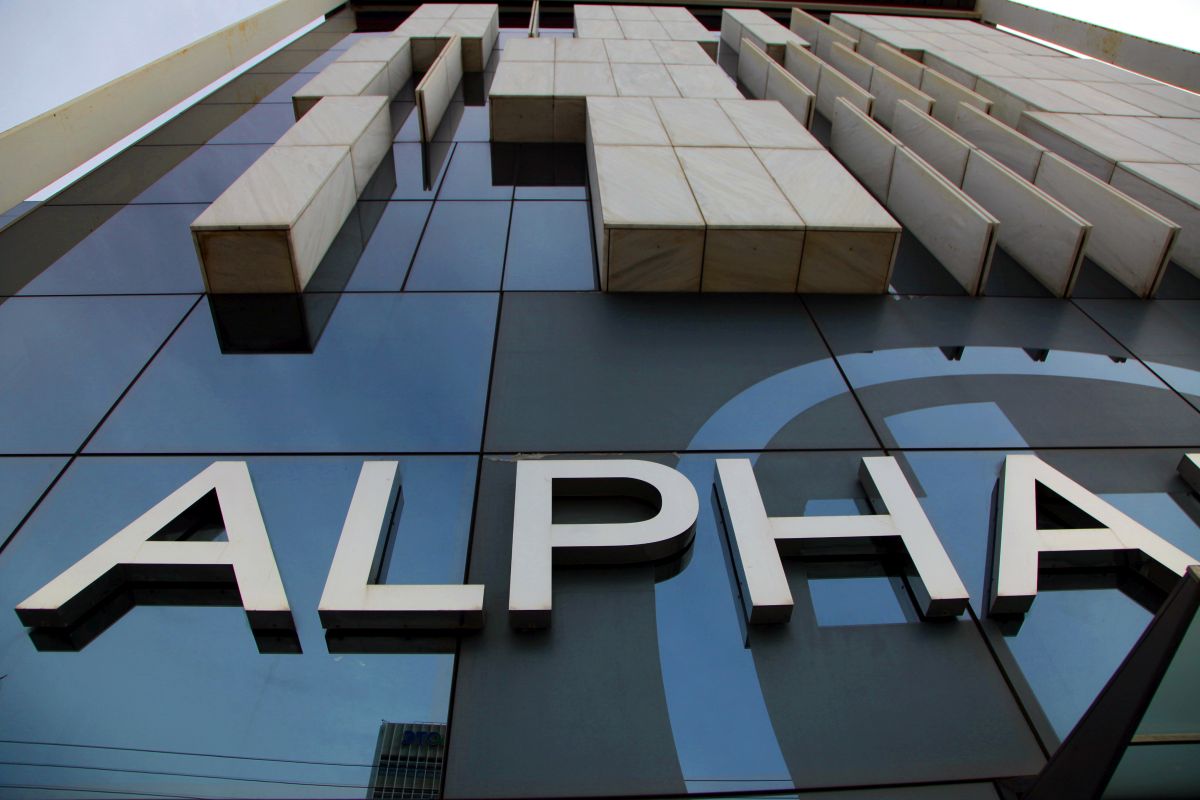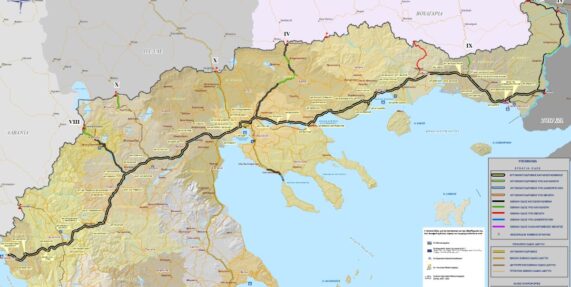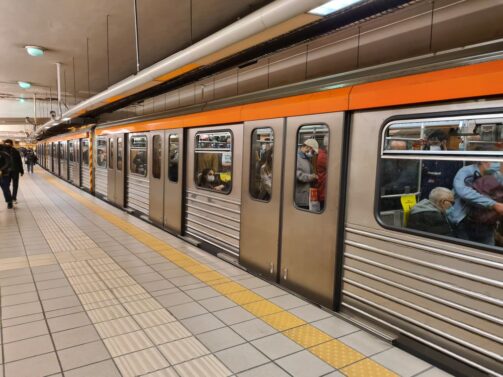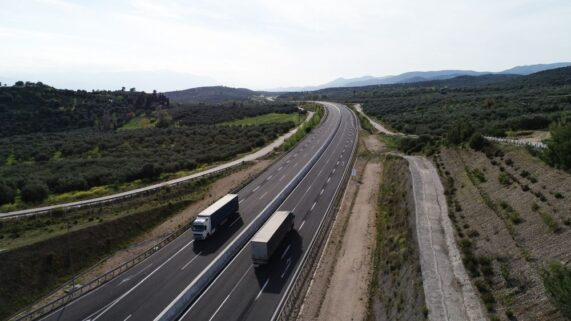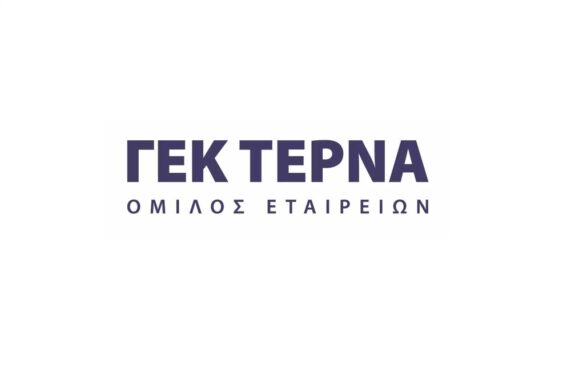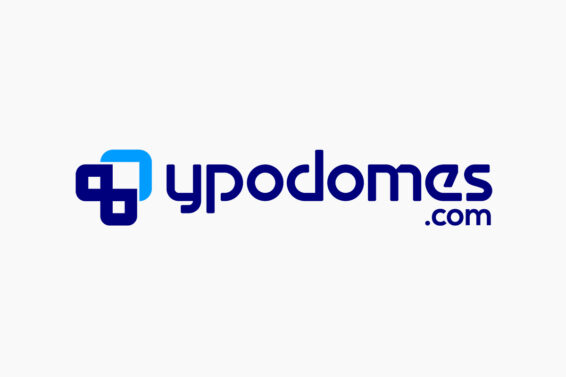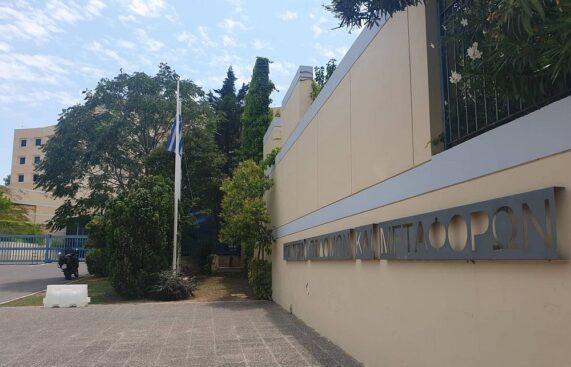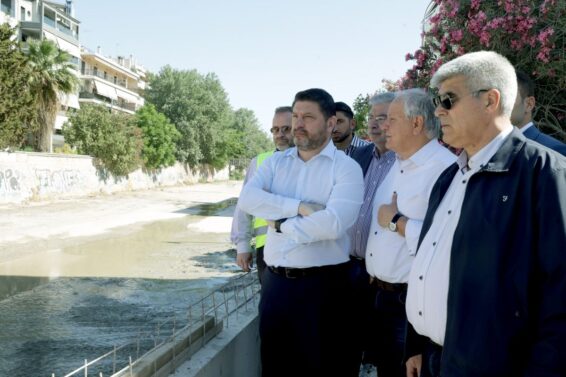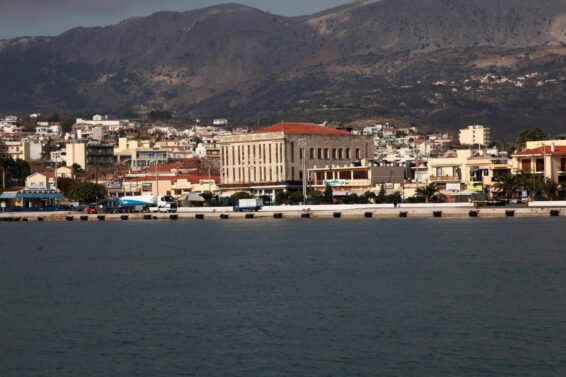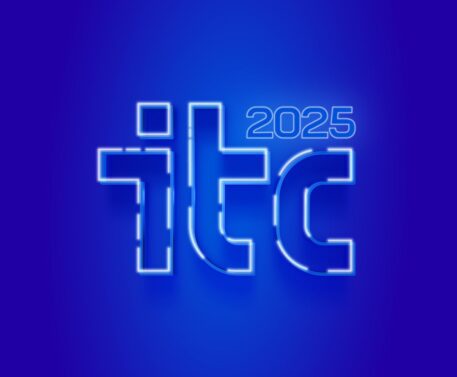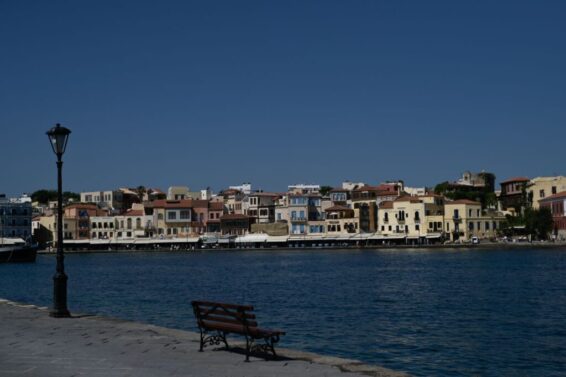A total spending envelope of €30.6bn has been allocated for transport investment as part of the European Commission’s 2021-27 budget proposals presented to the European Parliament in Strasbourg on May 2.
Describing its proposed Multiannual Financing Framework as ‘pragmatic and modern’, the Commission put forward plans for a total budget of €1,135bn over the seven years, equivalent to 1.11% of GNP for the remaining 27 member states. This is broadly equivalent to the level of spending in 2014-20. The proposals are to be finalised over the coming months, with Commission President Jean-Claude Juncker keen to reach agreement before the European Parliament elections in spring 2019.
In order to simplify the current structure, the Commission proposes to reduce the number of separate programmes by more than a third and ‘radically streamline’ the use of financial instruments. Research and innovation is seen as a key priority, with an increase in total investment to €114.8bn, of which the Horizon Europe programme has a budget of €97.9bn.
Transport spending will be channelled through the Connecting Europe Facility, which has a total budget of €42.2bn to fund cross-border infrastructure investment in the transport, energy and digital sectors. The transport element of €30.6bn is made up of a ‘general envelope’ of €12.8bn and a further €11.3bn from the cohesion fund. Another €6.5bn would be provided to enhance strategic transport infrastructure for improved military mobility.
During the 2018 TEN-T Days in Ljubljana, more than 40 associations and stakeholders jointly unveiled a declaration on April 26 calling for ‘more investment in clean and modern transport’. The signatories included transport operators, local authorities, logistics service providers and users across the rail, maritime, inland waterways, aviation and intermodal sectors.
The Ljubljana Declaration called upon European policymakers to increase the CEF budget for 2021-27 ‘to facilitate the completion of the TEN-T core network’, which would require an estimated €500bn between 2021 and 2030, and to provide further grants for transport projects on the so-called comprehensive networks.
CER Executive Director Libor Lochman explained that ‘the Connecting Europe Facility offers the best guarantee to deliver high EU added-value in the transport sector, and provides an opportunity to finance the actual deployment of sustainable transport projects.’
Source: railwaygazette.com
ΜΗΝ ΞΕΧΑΣΕΤΕ
- Ακολουθήστε το ypodomes.com στο Google News και μάθετε πρώτοι όλες τις ειδήσεις για τις υποδομές στην Ελλάδα
- Αν είστε επαγγελματίας του κλάδου, ακολουθήστε μας στο LinkedIn
- Εγγραφείτε στο Ypodomes Web TV

